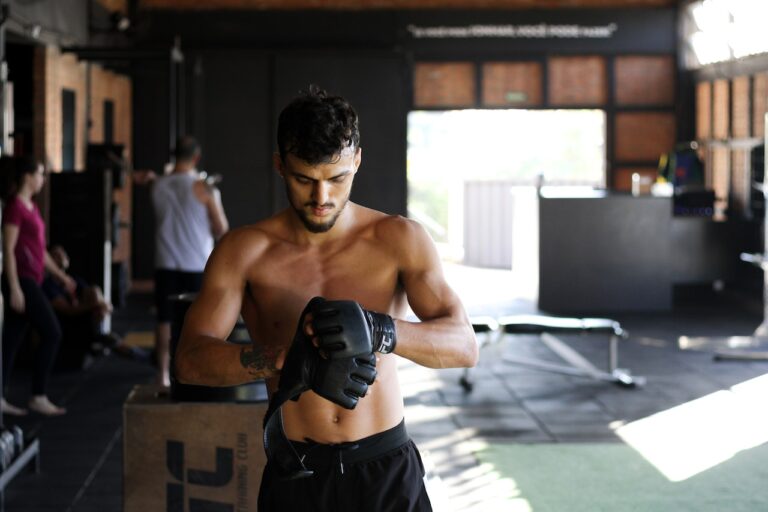
As an Emergency Medical Technician (EMT), you may occasionally find yourself called to the scene of an MMA (Mixed Martial Arts) event, where fighters put it all on the line for victory. Handling MMA-related injuries requires specific knowledge and skills to provide prompt and effective care. In this blog post, we’ll explore key considerations for EMTs responding to MMA injuries.
1. Scene Safety Comes First
Before rushing in to provide care, assess the scene for safety. MMA events can be chaotic, so ensure that the area is secure for both the injured fighter and your team.
2. Personal Protective Equipment (PPE)
Don appropriate PPE, including gloves, to protect yourself and maintain hygiene while assessing and treating injuries.
3. Head Injuries: Concussion and Cuts
Head injuries are common in MMA. Assess for signs of concussion, such as confusion, dizziness, or loss of consciousness. Control bleeding from cuts with sterile dressings and apply pressure.
4. Orthopedic Injuries: Fractures and Dislocations
MMA fighters often sustain orthopedic injuries. Immobilize fractures and dislocations to prevent further damage, and provide pain management while awaiting transport.
5. Breathing Difficulties
Check for airway obstructions and treat accordingly. MMA fighters may experience respiratory distress due to trauma or chokeholds.
6. Bleeding Control
Profuse bleeding can occur from cuts and wounds. Use direct pressure, elevation, and pressure points to control bleeding. Hemostatic agents can be beneficial.
7. Neurological Assessment
Conduct a thorough neurological assessment to identify potential head or spinal injuries. Immobilize the spine if necessary and provide oxygen if oxygen saturation is low.
8. Transport and Communication
Coordinate with the event’s medical team for seamless transportation to the hospital. Maintain communication to relay vital information about the fighter’s condition.
9. Documenting Injuries
Accurate documentation is crucial for legal and medical purposes. Record your assessment findings, interventions, and any communication with medical staff.
10. Emotional Support
MMA fighters invest their hearts and souls in their sport. Offer emotional support and reassurance to help alleviate anxiety and stress.
Conclusion
EMTs play a vital role in providing timely and effective care to MMA fighters. Being well-prepared, maintaining scene safety, and addressing injuries systematically are key to ensuring the best possible outcomes for these athletes. By following these guidelines, you can help fighters get back on their feet and continue pursuing their passion in the world of mixed martial arts.